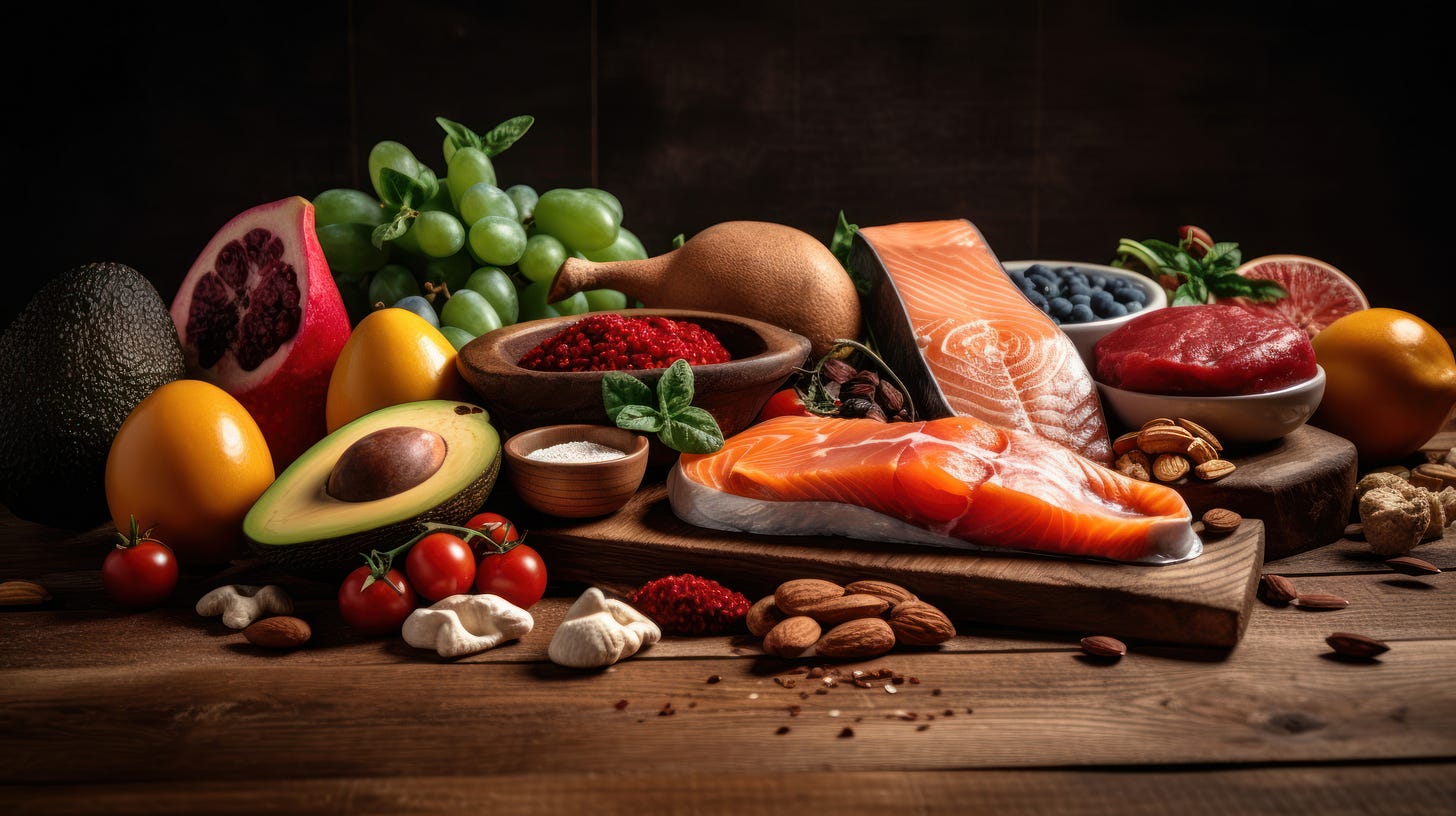Adopting an Ancestral Diet: How Modern Food Negatively Impacts Health
If the idea of adopting a full-scale Ancestral diet feels daunting, don't worry; you can still take a significant step towards improving your health by eliminating three toxins that contribute significantly to modern diseases.
Here they are:
Gluten (grains aren't superfoods)
Industrial seed oils (anything but heart-healthy)
Refined sugar (in a word, toxic)
A…



